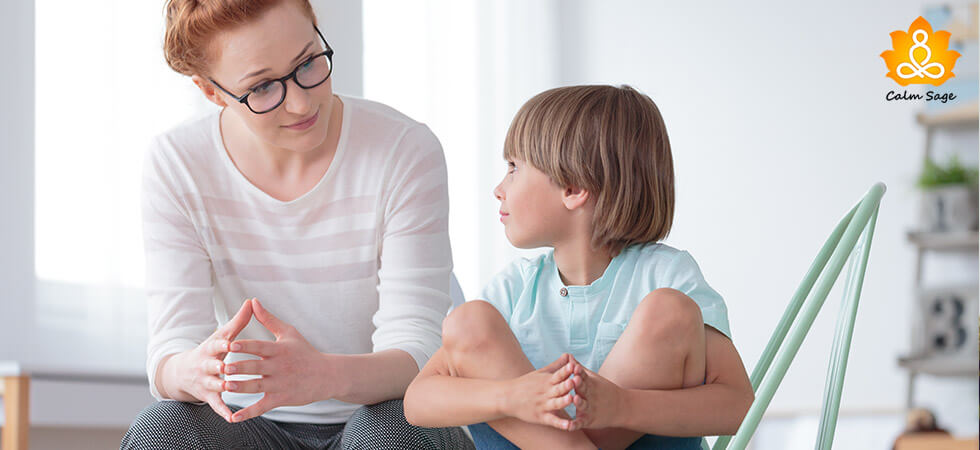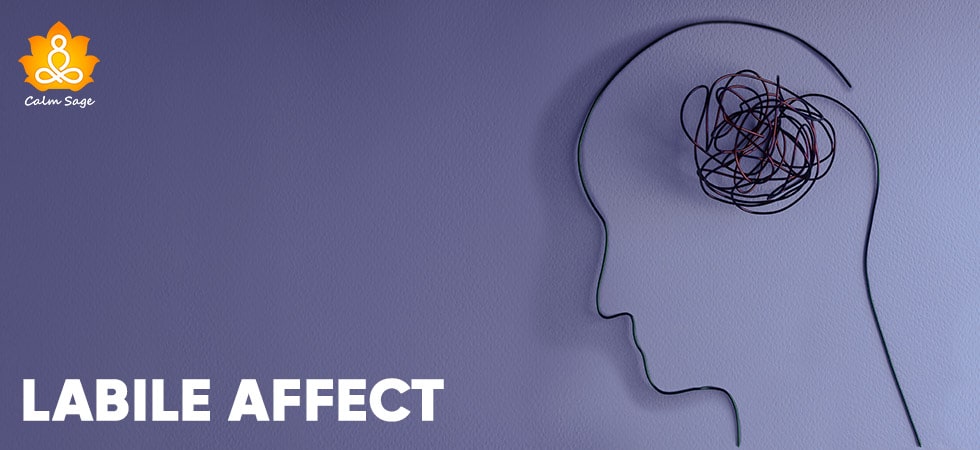Talking To Children About Mental Health

If you are thinking that the coronavirus pandemic has impacted you alone with anxiety, depression or other growing mental health disorders then it’s time to think from a kid’s perspective. Children are no less affected by mental health disorders, especially if they are teenagers.
For many parents, there is a notion that their kids are not mature enough to understand mental health. Well, it is not true because kids are equally scared to make decisions in their environment. Talking to children about mental health is a tough start but slow exposure will free them from the worries and stigma that carry around.
Researchers explain that kids should learn about the balance of mental health and physical health. If they are able to recognize the mental issues from an early age, it is easier for them to fight against the disorders. It is the same as teaching them about hygiene, nervousness in examination, feelings or fears.
Your acceptance about the importance of talking to children about mental health is just as important as taking the tips on how to start with it. Well, here we go about how to talk to kids about mental health and comfort them with healthy conversation.
How To Talk To Kids About Mental Health
1. Bring The Discussion Up
If you cannot find how to start the conversation about mental health, a good movie can act as a stimulator. For example, watching Pursuit Of Happyness where Will Smith’s kid also faces troubles with his father, could be a good starting point. How a family problem can impact a child and how much support to each other is what keeps us going! With this, you can smartly pitch in your pointers about mental disorders.
2. Fun Time To Make Memories
Although parents set guidelines and discipline rules in the family, it is also important to spend some enjoyable time together with your child. It breaks the ice between the two and kids may be able express whatever they are dealing with in the moment.
Plan a baking session, crafting collection or go for fishing together to provide a supportive environment. With your sessions, you can help them savor the moments and be a little open about mental health.
3. Tailor The Discussion To Their Age
Now it depends on what is the age of the child you are speaking with. A teenager can take better care of terms you are using but a toddler may not. So make sure that no heavy statistics or charts are included in the ‘big talk’ session or else it may turn out to be overwhelming discussion for the child.
Start with ease and slowly express the term sadness that may turn into depression and its interference with daily lives. As they grow and as the questions come up, feel free to answer them with appropriate terms. This is why it is also necessary to be knowledgeable beforehand.
4. Suicide Concerns
The show ‘13 Reasons Why’ opened the eyes of many teenagers and parents towards mental stress that children face amongst the peer group and family members. Although many parents avoid the discussion in order to keep the child under protective custody, experts suggest the opposite.
If parents or teachers are openly discussing it then kids are able to minimize the fear in a better way. Telling them ‘Suicide is never an option and life is too valuable to take such step’ helps them develop positive attitudes towards life’s challenges.
5. Encourage Them To Ask For Help
A certain degree of stress and anxiety is manageable but when you are talking to children about mental health, communicate that serious symptoms shouldn’t be ignored. If you are noticing any symptoms then encouraging them is one thing but if they do not wish to share certain instances with you, ask them to talk to an expert or therapist confidentially.
You can choose to message us at info@calmsage.com or guide them to get in touch with our therapists for better understanding.
Other Points To Consider
- Find an appropriate time and place to make a conversation with the child.
- Sit in a comfortable place with them. For example, sit on a chair equal to their height or get on a cozy couch with them to talk.
- Be patient and offer empathy to the kid.
- Keep increasing their emotional vocabularies and show them the importance of expressing their feelings.
- Tell them you are standing beside them no matter what and you can always be a go-to person for any concerns.
Don’t Hesitate, Spread Awareness!
A lot of people overthink about how to talk to children about mental health and let the situation pass, like every time. Avoid leaving everything on the table the way it is, get up and talk to your child about mental health very soon. We wish you luck & assure you our support!
Ask us for help anytime by dropping us a message in the comments section below or mailing it at info@calmsage.com.




















